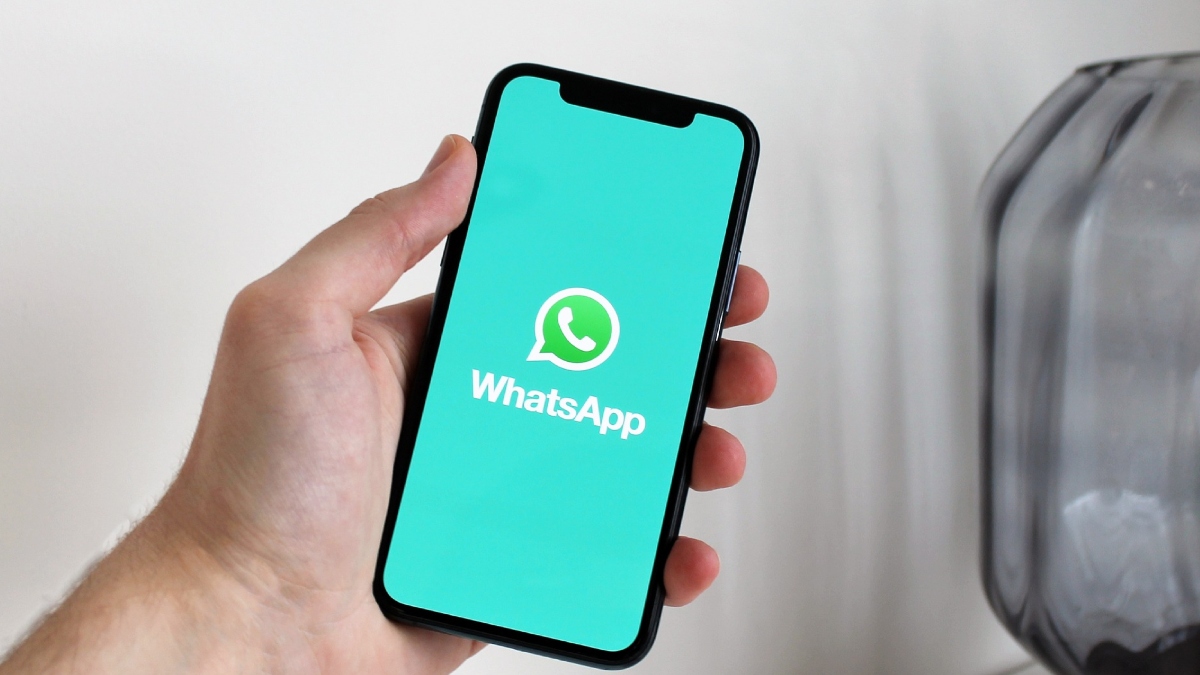Digital Dubai, the city’s dedicated cybersecurity initiative, has raised concerns over a noticeable increase in WhatsApp account hijacks. As part of its mission to bolster digital safety across the city, Digital Dubai released an educational video to guide users on safeguarding their accounts against malicious actors.
The video, which debuted on platform X this Thursday, comes as a timely message, coinciding with Cybersecurity Awareness Month. In the short, 60-second clip, Digital Dubai emphasizes, “It’s easy to protect yourself (against scammers).” The organization stressed that users don’t require specialized software or intricate tech solutions.
The recommended security measure is straightforward: activating the two-step verification on WhatsApp. Users can do this by:
- Accessing WhatsApp settings
- Navigating to ‘account’
- Selecting ‘two-step verification’
- Turning it on
Moreover, Digital Dubai cautions the public about messages soliciting money or credit card information. They advised, “Even if these requests seem to come from familiar contacts like friends or family, always call them for confirmation and refrain from responding directly to such messages.”
In a related incident last month, a deceptive message, purportedly from banks, circulated on WhatsApp. This notice, labelled ‘legal notifications’, contained glaring grammatical mistakes, warning customers of frozen bank accounts due to unspecified “security reasons.” The communication urged users to “verify all correct details” lest their account faces permanent suspension.
The warning also comes on the heels of a significant arrest by the Ras Al Khaimah Police. A group of fraudsters, operating both within and outside the country, was apprehended for pilfering substantial amounts from local residents’ bank accounts. Posing as bank representatives, these criminals contacted victims through phone calls or counterfeit WhatsApp messages.
Authorities have consistently maintained that legitimate banks would never solicit personal information through SMS, WhatsApp, emails, or unsolicited phone calls for account updates.






